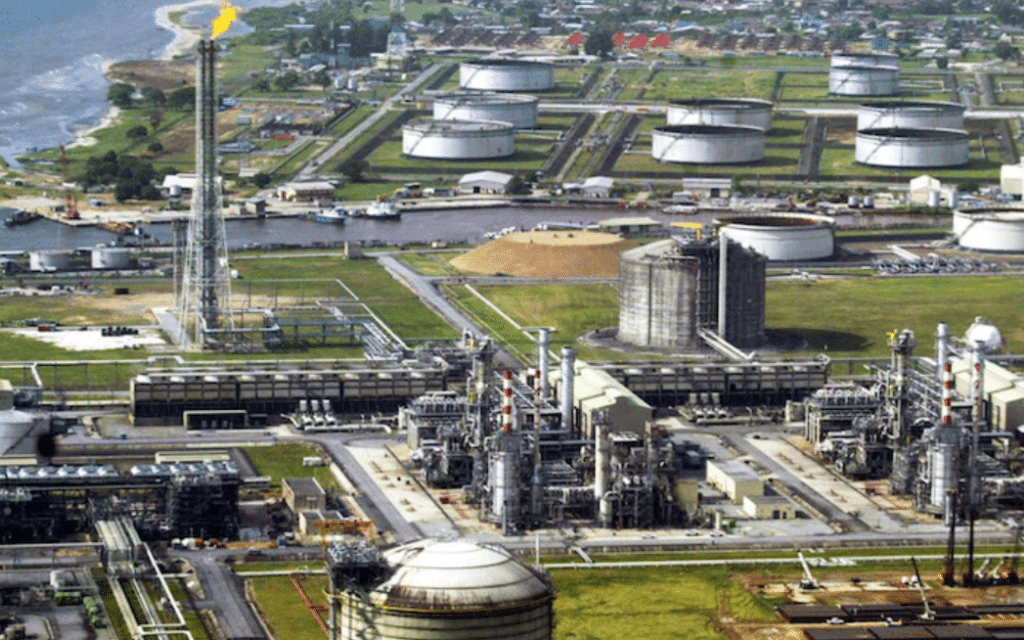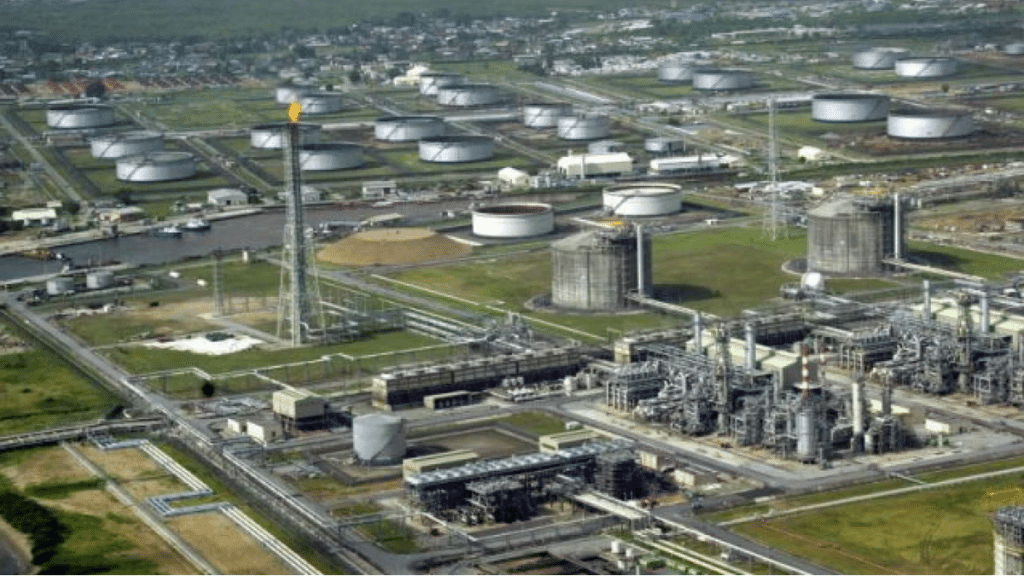The Forcados Oil Terminal, situated along the coast of Nigeria, is one of the most significant oil export terminals in West Africa. Operated by Shell Petroleum Development Company (SPDC), it plays a crucial role in Nigeria’s oil industry. This article provides an overview of current departures, expected arrivals, and operational details of the Forcados Oil Terminal.
Real-Time Departures and Arrivals
The Forcados Oil Terminal handles a variety of vessels, including tankers that transport crude oil to international markets. Platforms like SHIPNEXT provide real-time tracking of vessel movements, offering invaluable data for stakeholders involved in the oil industry.
Current Departures
SHIPNEXT offers comprehensive information on recent departures from the Forcados Oil Terminal. This includes details such as the names of departing vessels, destinations, and departure times. This information is essential for coordinating logistics and ensuring timely deliveries.
Expected Arrivals
SHIPNEXT also tracks expected arrivals, providing details on incoming vessels, their estimated arrival times, and the nature of their cargo. Such information allows terminal operators and associated logistics services to prepare adequately for incoming shipments.
Operational Details of the Forcados Oil Terminal
The Forcados Oil Terminal is a cornerstone of Nigeria’s oil export infrastructure. It features advanced facilities and employs stringent operational protocols to ensure efficiency and safety in its operations.
Key Infrastructure
The terminal is equipped with modern infrastructure designed to handle large volumes of crude oil. It includes multiple berths for tankers, extensive storage tanks, and state-of-the-art loading and unloading equipment. These facilities enable the terminal to manage significant export volumes and accommodate large vessels.
Capacity and Throughput
Forcados Oil Terminal has a substantial capacity for storing and handling crude oil. The terminal’s throughput capacity is a critical factor in Nigeria’s ability to meet its oil export targets. Efficient operations at Forcados are vital for maintaining consistent supply chains and fulfilling international contracts.
Security Measures
Given the strategic importance of the terminal, robust security measures are in place to protect against potential threats. Security protocols include surveillance systems, restricted access areas, and collaboration with local and international security agencies to safeguard the infrastructure and ensure uninterrupted operations.

Economic Significance
The Forcados Oil Terminal significantly contributes to Nigeria’s economy. It serves as a major revenue source through oil exports, supporting both local and national economic activities.
Contribution to National Revenue
As one of the key terminals for crude oil exports, Forcados plays a pivotal role in generating foreign exchange earnings for Nigeria. The revenues derived from oil exports through this terminal are crucial for funding public projects and driving economic growth.
Employment and Local Economy
The terminal also provides employment opportunities for the local population, contributing to regional development. Jobs range from technical and operational roles to administrative and support positions, fostering economic stability in the surrounding communities.
Challenges and Developments
Despite its importance, the Forcados Oil Terminal faces several challenges, including operational disruptions due to technical issues or security concerns. Continuous investments and upgrades are necessary to address these challenges and enhance operational efficiency.
Upgrades and Maintenance
Periodic upgrades and maintenance activities are essential to keep the terminal running smoothly. Investments in technology and infrastructure improvements help mitigate operational risks and ensure the terminal can handle future demands.
Environmental Considerations
Environmental protection is a critical aspect of the terminal’s operations. Measures are in place to minimize the environmental impact of oil extraction and transportation activities. These include spill prevention strategies, waste management protocols, and adherence to international environmental standards.
Conclusion
The Forcados Oil Terminal stands as a vital component of Nigeria’s oil export infrastructure, playing a crucial role in the country’s economic landscape. By effectively managing departures and arrivals and maintaining robust operational protocols, the terminal ensures the smooth flow of crude oil to international markets. For the latest updates on vessel schedules and port operations, visit SHIPNEXT.
